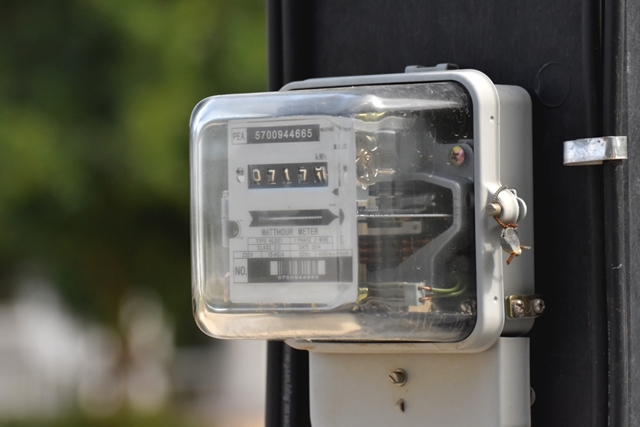Bill Validation
Whilst savings can be achieved by taking a strategic approach to procurement, this is only fully realised with accurate billing and therefore bill validation is an important additional service provided to all our customers. As energy charges become ever more complex, our validation service offers peace of mind that you are only billed for the energy you use, at the rates that have been agreed.
Every supplier invoice is received by WME and validated against a wide-ranging list of criteria using bespoke designed software. Supplier bills that fail validation are managed through to resolution by a dedicated member of the WME billing team. You will only receive an invoice from WME once we are 100% happy with the charges levied.
During the validation process the range of exceptions identified and managed may include rates issues, estimated or inconsistent consumption, VAT issues, double charging, meter faults and AMR faults. As well as the commodity price, our validaton team check all non-commidity rates against industry information to check they are correctly calculated for your supply.
For more information on non-commodity charges please see below.

Non-Commodity Costs
Also known as ‘third party’, ‘non-energy’ or ‘pass through’ charges, these costs are made up of obligatory charges and levies that suppliers have to recover that are not related to the cost of wholesale energy. These costs are outside the control of WME.
The charges cover the cost of transmitting and distributing energy through the networks as well as government schemes to promote renewable energy, generation capacity and energy efficiency. Charges differ by the type of fuel and are considerably higher for electricity than gas.
Electricity
Non-commodity charges associated with electricity are complex and have increased rapidly over the past few years and now considerably outweigh the wholesale energy cost.
For 2017/18 only 36% of the total cost of WME electricity bills comes from wholesale energy costs.
Gas
Non-commodity charges within gas are less complex and over recent years have increased at a much slower rate.
For 2017/18, 67% of a typical gas bill is made up of the wholesale energy cost, considerably more than the 36% making up the electricity bills.
